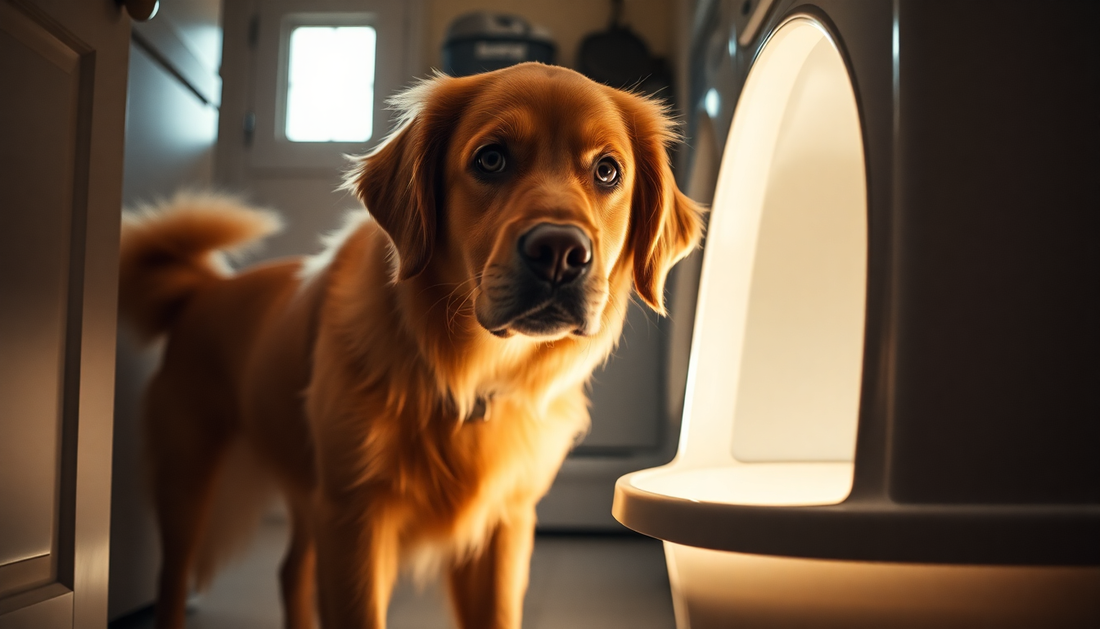
Why Does My Dog Eat Cat Poop?
Share
As a pet owner, you may have encountered the perplexing and sometimes concerning behavior of your dog eating cat poop. This peculiar habit can be both puzzling and worrisome, leaving you wondering what's behind this strange behavior.
It's important to understand that this is a relatively common issue among dogs, and there are several reasons why they may engage in this practice. From nutritional deficiencies to simple curiosity, the motivations behind this behavior can vary.
Reasons Why Dogs Eat Cat Poop
One of the primary reasons dogs may be drawn to cat poop is due to nutritional deficiencies in their diet. If a dog's food is lacking in essential vitamins, minerals, or proteins, they may turn to other sources, like cat feces, to try to make up for these deficiencies. This is a behavior known as "pica," and it can lead to the consumption of non-food items.
Another factor that can contribute to this behavior is a dog's natural curiosity and exploration instincts. Puppies and younger dogs, in particular, may be more inclined to investigate and taste different substances, including cat poop, as they learn about their environment.
Additionally, some dogs may be attracted to the smell and taste of cat feces. Cats have a different diet than dogs, and their waste can have a distinct aroma that some dogs find appealing or even enticing.
In some cases, dogs may learn this behavior from other dogs in the household or from observing their owners' cats. This learned behavior can then become a habit that is difficult to break.
Health Risks Associated with Eating Cat Poop
While this behavior may seem harmless, it can actually pose some significant health risks for your dog. Consuming cat feces can expose your dog to parasites, such as roundworms or giardia, which can cause serious gastrointestinal issues. Additionally, the ingestion of cat litter or other contaminants in the cat poop can lead to digestive problems or even intestinal blockages.
Preventing Your Dog from Eating Cat Poop
To prevent your dog from engaging in this behavior, it's important to address the underlying causes. Ensuring your dog's diet is balanced and nutritious can help eliminate any deficiencies that may be driving the behavior. Additionally, keeping the cat's litter box clean and inaccessible to your dog can remove the temptation.
Training techniques, such as positive reinforcement and redirection, can also be effective in discouraging your dog from eating cat poop. If the behavior persists or you have concerns about your dog's health, it's always best to consult with your veterinarian for personalized advice and guidance.
Remember, with patience and the right approach, you can help your dog overcome this undesirable habit and maintain their overall health and well-being.
